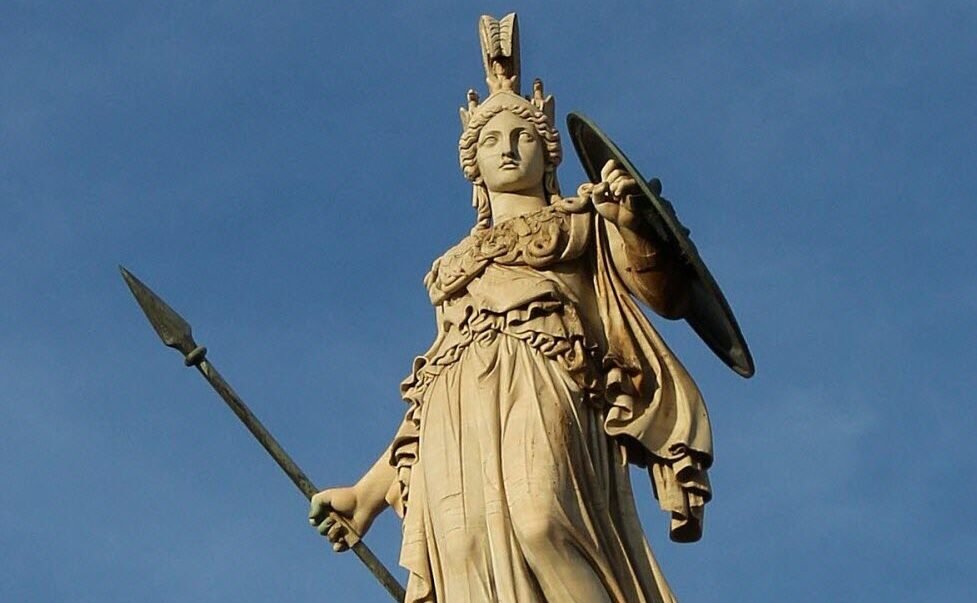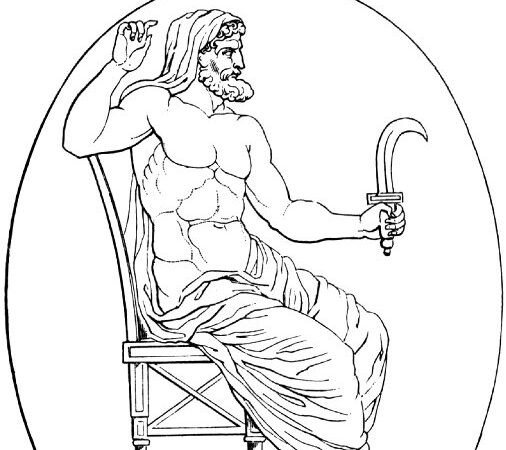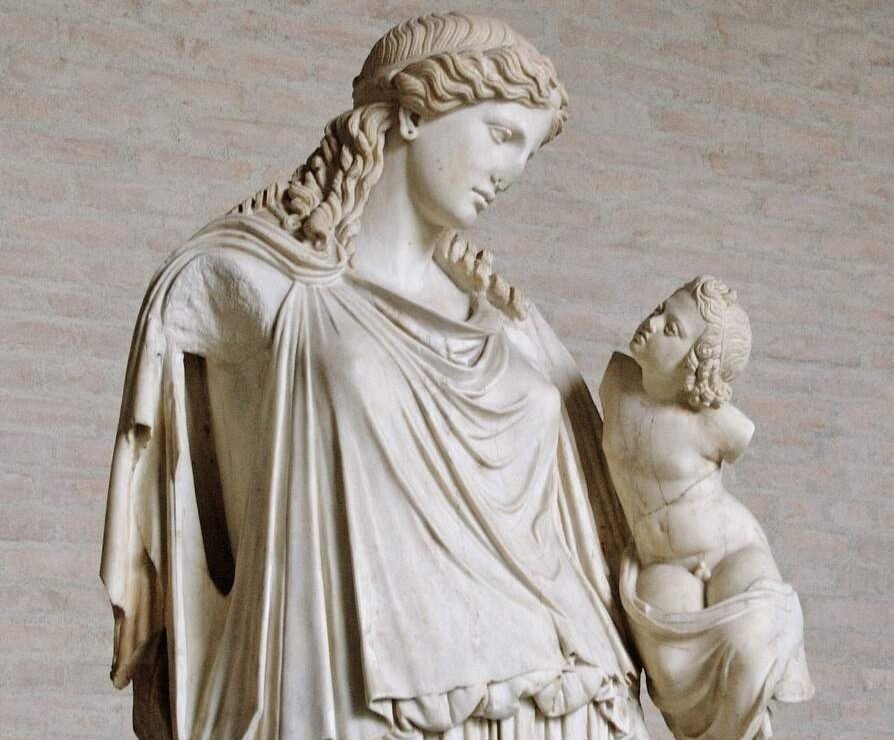Chronos, Kairos and Aion are the three deities of time, events and epic destinies. Here is the multi-religious and multicultural calendar!
Find us on our website Mythology and Legend, on Facebook and on instagram !

The schedule in brief from D-2 to D+5
- June 30, 2024: Noumenia
- 30 June 2024, Daily: Athenian New Year
- July 2, 2024, : Lwiindi-Gonde
The complete interactive calendar
Holidays of the month
| Mymonday | Killtuesday | Wednesdaywednesday | ThuThursday | Frifriday | Satsaturday | Sunsunday |
|---|---|---|---|---|---|---|
1July 1, 2024 |
2July 2, 2024●(1 event) Lwiindi-GondeJuly 2, 2024  Today the people of Tonga celebrate Lwiindi-Gonde. The Tonga perform rites to thank the ancestors for the first harvests and to ask them for rain for the season. #mythology #myth #legend #calendar #July #onga #Lwiindi | 3July 3, 2024 | 4July 4, 2024 | 5July 5, 2024 | 6July 6, 2024 | 7July 7, 2024 |
8July 8, 2024 |
9July 9, 2024●(1 event) Libation to Athena –  On this day, the Greeks made a libation to Athena. Athena was the great Olympian goddess of wise counsel, war, city defense, heroic effort, weaving, pottery, and other crafts. She was depicted crowned with a crested helmet, armed with a shield and spear, and wearing the serpent-edged igis cloak wrapped around her chest and arm, adorned with the monstrous head of the Gorgon . #mythology #myth #legend #calendar #9July #Athena #Athenes | 10July 10, 2024 |
11July 11, 2024●(1 event) Kronia –  On this day, the Greeks celebrated Kronia in honor of Kronos as the god of harvests. This marked the end of the grain harvest. The practice was quickly abandoned during the Classic period. #mythology #myth #legend #calendar #Kronos #July 11 | 12July 12, 2024 | 13July 13, 2024 |
14July 14, 2024●(1 event) Synoikia –  On this day, the Greeks celebrated Synoikia. This festival took place during the first important month of the Athenian year and served to remind people of their history and origins, the Synoikia, literally "houses together", was an ancient celebration commemorating the unification of Attica by Theseus. This very ancient festival was gradually abandoned during the Athenian domination. #mythology #myth #legend #calendar #synoikia #Greece #July 14 |
15July 15, 2024 | 16July 16, 2024 | 17July 17, 2024 | 18July 18, 2024 | 19July 19, 2024 | 20July 20, 2024 | 21July 21, 2024 |
22July 22, 2024●(1 event) Panathenaia –  On this day, the Greeks celebrated Panathenaia. The first festival of the year, the Panathenaea was the celebration of the city's anniversary. Beginning in the 7th century BCE, the annual festival, the Panathenaia ta mikra (Little Panathenaia), involved an impressive procession from outside the city walls to the Acropolis. This procession was represented on the frieze of the Acropolis. The main purpose of the procession was to convey the new peplos for the image of Athena, but in the classical period the festival acquired increased political importance. #mythology #myth #legend #calendar #Panathenaia #Athens #July 22 | 23July 23, 2024 |
24July 24, 2024●(1 event) Aoussou Carnival –  Today, Tunisians hold the Aoussou Carnival in Sousse. Probably drawing its origins from the Phoenician Neptunalia in honor of Neptune and Ocean, the modern festival only keeps trace of its etymology. Nowadays, it is a parade made up of symbolic floats, brass bands and folk troupes. #mythology #myth #legend #calendar #July 24 #Tunisia #ousse | 25July 25, 2024 | 26July 26, 2024 | 27July 27, 2024 | 28July 28, 2024 |
29July 29, 2024 |
30July 30, 2024●(1 event) NoumeniaJuly 30, 2024  On this day, the Greeks celebrated Noumenia, the New Moon marking a new month. The Noumenia is the second day of a three-day family festival held every lunar month – the Deipnon of Hekate, then the Noumenia, followed by the Agathos Daimon. #mythology #myth #legend #calendar #noumenia |
31July 31, 2024●(1 event) Herakleia –  On this day, the Greeks celebrated Herakleia. A celebration of the death of Heracles by athletes in the Kynosarges gymnasium, famous for the fact that it was the only one in Athens open to non-citizens. #mythology #myth #legend #calendar #Herakles #Athens #Greece #July 31 | 1August 1, 2024 | 2August 2, 2024 | 3August 3, 2024 | 4August 4, 2024 |
Multicultural and multi-religious almanac
An almanac is a calendar showing the main dates of the calendar, the religious holidays, bearing ephemerides such as the phases of the moon or the duration of the days (lunar and solar calendars).
A calendar is a system for marking dates according to time. Such a system was invented by men to divide and organize time over long periods. The observation of the periodic phenomena of the environment in which they lived — such as the daily movement of the shadow, the return of the seasons or the lunar cycle — served as the first references for organizing the agricultural, social and religious life of societies.
The calendar used today in most of the world is the Gregorian calendar. In everyday language, an ephemeris designates what happens daily; the ephemeris of the day is the list of the significant events of this day.